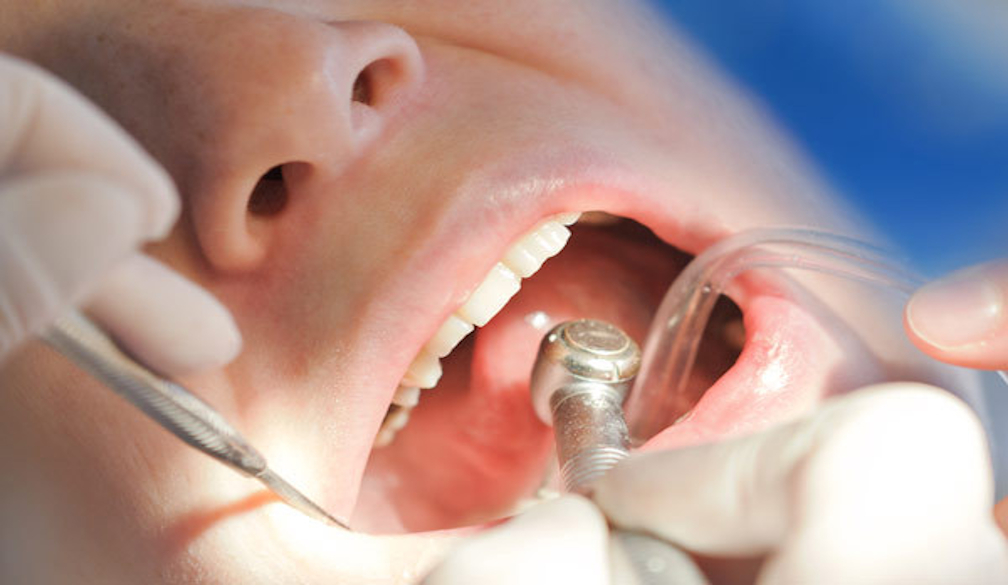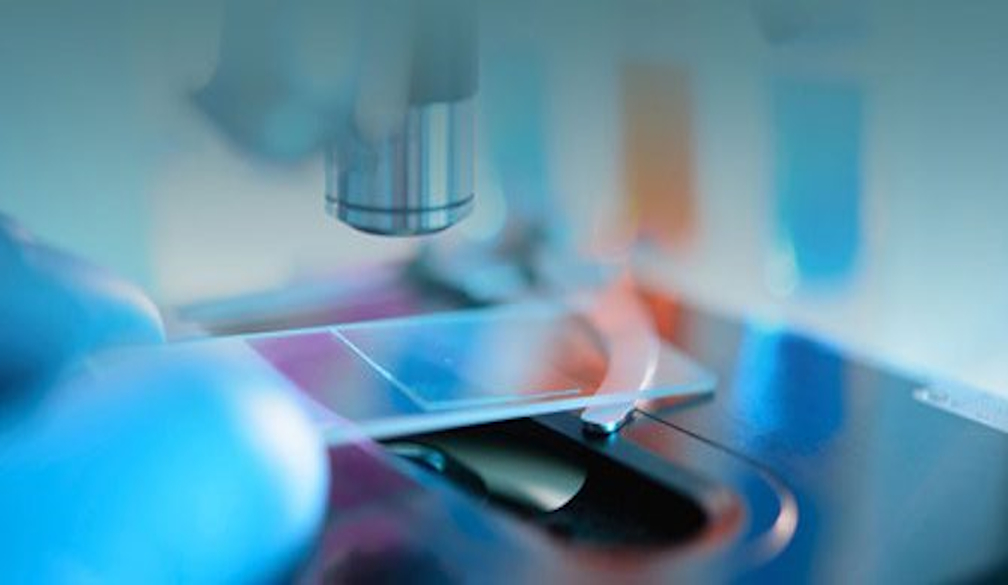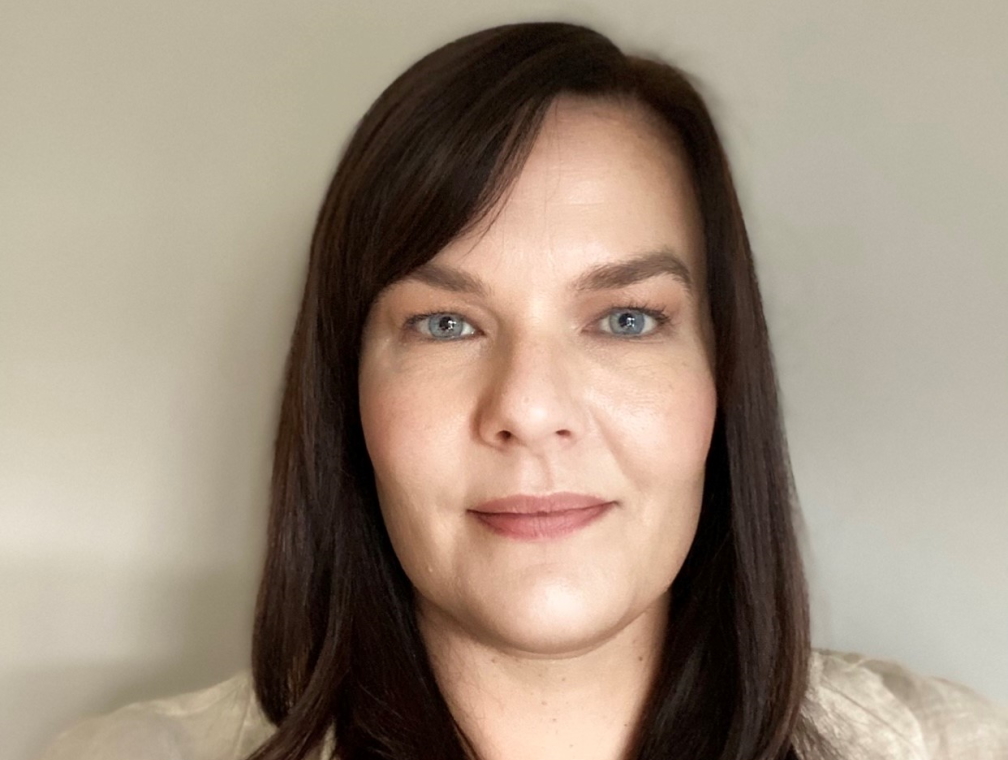1.2 Aussies living with an eating disorder don't get treatment

More than 1.2 million Australians are living with an eating disorder but less than a quarter receive treatment, it was claimed yesterday.
And although eating disorders are a leading psychiatric cause of death, and have a profound impact on families and communities, early signs are often missed.
“Eating disorders not only have one of the highest mortality rate among the mental illnesses, they also have low rates of early detection,” said Australian Eating Disorders Research and Translation Centre Director Associate Professor Sarah Maguire. “And as a result of very low levels of investment in research there hasn’t been a major therapeutic breakthrough in treatment for nearly 30 years. We need to change that.
“The Federal Government is investing $13 million in the Centre which aims to transform how we support, treat, and even cure people with eating disorders."
“Eating disorders are complex and the Albanese Government is determined to change the way we approach them, so we can make sure all Australians have the care and support they need,” said Assistant Minister for Mental Health and Suicide Prevention, Emma McBride.
“The Australian Eating Disorders Research and Translation Centre will prioritise lived and living experience and translate research into action.”
The Centre will be led by Inside Out Institute for Eating Disorders, an initiative of The University of Sydney and the NSW government’s Sydney Local Health District, in partnership with a national consortium including lead partner Orygen.
“Our initial research priorities will include exploring risk and protective factors, opportunities for very early detection and intervention and innovative approaches to individualised medicine,” said Associate Professor Maguire.
Nine $25,000 start-up grants were announced at the official opening by NSW Minister for Women, Regional Health, and Mental Health, Bronnie Taylor, supported by funding from the NSW Government.
“IgnitED research grants, with the support of the national centre, will enable the next generation of eating disorder researchers to work in a co-design process with lived experience experts to bring their idea to life and to translate research to good practice,” said NSW Minister for Mental Health Bronnie Taylor.
The nine projects include:
- Could psilocybin help free people from the destructive and rigid thoughts they have about their body, which are central to eating disorders, led by Melbourne clinical psychologist Claire Finkelstein
- Rethinking perfectionism, a parent-led cognitive behavioural therapy program to support their children living with eating disorders, led by Curtin University researcher Jamie Neal, in Perth
- Screening for eating disorders before and after pregnancy, led by Honorary Associate Professor Grace Branjerdporn at Queensland Health
- The role of genetics in extreme and potentially life-threatening picky eating (ARFID) led by Dr Morgan Sidari from QIMR Berghofer in Brisbane
- Treating the trauma that underpins many eating disorders, led by Dr Phil Aouad from InsideOut and the University of Sydney
- And projects at UWA, Queensland Health, The University of Melbourne, LaTrobe University, and the Royal Brisbane and Women’s Hospital. Full details online.
The Centre’s focus on inclusivity will ensure lived experience expertise is embedded into research and the translation of that research into treatment.
"As a contributor and consortium member to The Australian Eating Disorders Research and Translation Centre; I have also lived with and survived a severe and enduring eating disorder", said Shannon Calvert from Perth, the Centre's Lived Experience Co-Production, Co-Lead.
"People with lived and living experience need to be included and involved throughout the research process; these collaborations can significantly change how research outcomes impact all those involved and the broader community."
Australia’s first Aboriginal and Torres Strait Islander Eating Disorder Research Strategy will also be created in co-design with community.
"There is an urgent need for research into the experience of eating disorders among Aboriginal and Torres Strait Islander peoples,” said mental health advocate Leilani Darwin, a Quandamooka woman who will co-lead the Aboriginal and Torres Strait Islander Co-Production of the national centre. “The studies we do have, show that First Nations Peoples are at greater risk than other Australians, but the causes and issues need to be explored with community,” she said.
The Centre is the culmination of years of advocacy from InsideOut Institute who is leading with partners Orygen and The University of Sydney’s Brain and Mind Centre, and a national consortium including First Nations Co, ANU, La Trobe University, Deakin University, Monash University, the Turner Institute, University of WA, QIMR Berghofer, and the University of Queensland Institute for Molecular Bioscience.u
Photo: Helena Lopes/Unsplash









